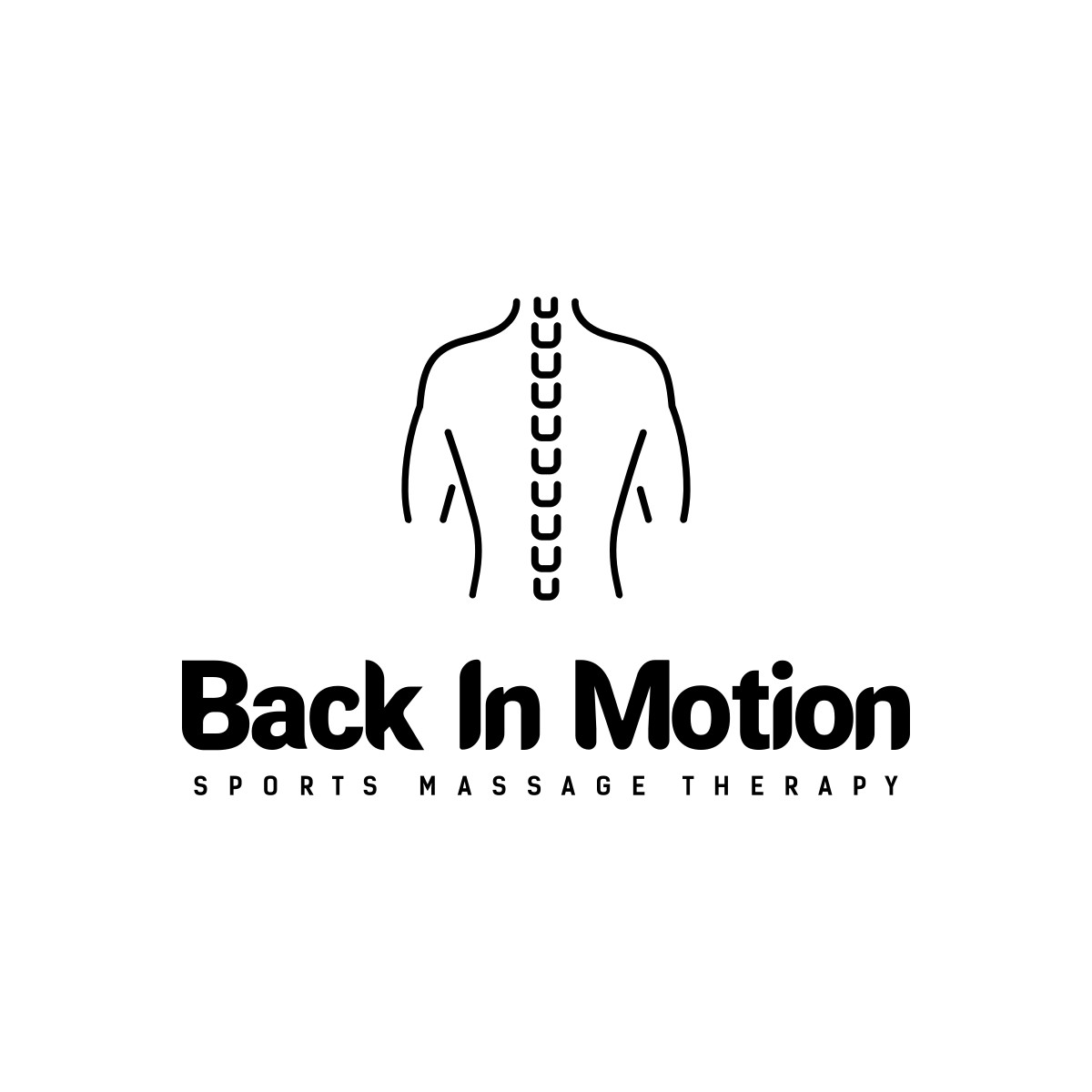The Science Behind Relaxation and Massage
- Back In Motion Sports Massage

- Jun 30
- 4 min read
In today's fast-paced world, stress has become a common part of our lives. Many people seek ways to unwind and recharge, with relaxation therapy and massage emerging as popular choices. But what happens to our bodies when we engage in these practices? This blog post delves into the science behind relaxation and massage, uncovering how they contribute to our overall well-being.
Understanding Relaxation Therapy
Relaxation therapy encompasses a variety of techniques designed to reduce stress and promote a state of calm. Techniques range from simple breathing exercises to more structured methods like guided imagery and progressive muscle relaxation. The effectiveness of these practices is backed by solid scientific research.
Studies show that by activating the parasympathetic nervous system, relaxation techniques can help lower blood pressure and heart rate. According to research published in the Journal of Clinical Psychology, regular engagement in relaxation practices can significantly decrease anxiety levels and improve mood.

The Role of Massage in Relaxation Therapy
Massage is one of the most recognized forms of relaxation therapy. When we think of massage, we often think of relaxation, but there are many physiological responses that take place during a massage session.
Massage therapy has been proven to reduce cortisol levels in the body, which is the primary stress hormone. A study in the International Journal of Neuroscience found that just one hour of massage therapy led to a 30% decrease in cortisol levels. By lowering stress hormone levels, massage therapy not only aids in relaxation but also contributes to improved immune function and a reduced risk of chronic diseases.
Furthermore, massage stimulates the production of serotonin and dopamine, which are neurotransmitters that play a significant role in mood regulation. The release of these chemicals helps improve your overall mental well-being and brings about a sense of happiness and relaxation. This chain of hormonal reactions emphasizes the importance of incorporating relaxation massage therapy into one's routine.

How Relaxation Affects Our Body and Mind
The benefits of relaxation extend beyond immediate comfort. Engaging in relaxation therapy and massage can lead to long-term changes in both our physical and mental health.
Physically, relaxation promotes the release of tension in muscles and helps manage pain. Chronic conditions like fibromyalgia and arthritis often benefit from regular massage sessions, as they provide relief from ongoing discomfort. According to the Mayo Clinic, this can lead to a significant improvement in quality of life for those suffering from chronic pain.
Mentally, relaxation techniques have been linked to improved concentration and cognitive performance. A study published in Psychological Science revealed that participants who engaged in regular relaxation exercises performed better on tests requiring focus and attention. This means that not only does relaxation help reduce stress but also enhances our ability to think clearly and make decisions.
The Science Behind Deep Breathing and its Benefits
Deep breathing is a fundamental aspect of many relaxation techniques. It plays a critical role in reducing stress and anxiety levels. When we take deep, measured breaths, we increase oxygen flow to the brain and enhance cognitive function. This practice also helps regulate our heart rate, leading to a more stable and calm state of mind.
Research has shown that deep breathing activates the vagus nerve, which promotes relaxation throughout the body. A significant milestone study conducted in 2020 highlighted that regular practice of deep breathing can reduce symptoms of anxiety, and depression, and result in overall stronger emotional health.
For those new to deep breathing, a simple technique called the 4-7-8 method can be incredibly effective. Here's how to do it:
Inhale deeply through your nose for a count of 4 seconds.
Hold the breath for 7 seconds.
Exhale slowly through your mouth for a count of 8 seconds.
Repeat this cycle four to five times.
By incorporating deep breathing into your daily routine, you can experience the benefits it brings to mental clarity and physical relaxation.
Practical Tips for Incorporating Relaxation in Daily Life
Finding time to relax in our busy lives may seem challenging, but it's achievable with a few practical tips. Here are some actionable recommendations:
Set Aside Time: Schedule short periods throughout your day for relaxation. Even five to ten minutes can have a profound impact.
Explore Different Techniques: Try various relaxation methods, such as yoga, meditation, or even listening to calming music. Find what resonates best with you.
Create a Relaxation Space: Designate a specific area in your home for relaxation. This can help signal to your body that it’s time to unwind.
Use Technology: Consider using apps focused on mindfulness and relaxation to guide you through meditation and breathing exercises.
Mindful Breaks: Incorporate mindful moments into your day. For example, take a few moments to notice your surroundings or practice deep breathing during lunch breaks.
These actionable steps can help you manage stress and enjoy the benefits of relaxation therapy in your daily life.
Embracing Regular Massage for Long-Term Benefits
Integrating regular massage sessions into your routine can provide significant long-term benefits. Whether it's a relaxation massage therapy appointment or a quick self-massage at home, consistency is key. A study conducted by the American Massage Therapy Association found that people who received regular massage experienced not just acute stress relief, but also improvements in general well-being and mental clarity.
By embracing the science behind relaxation and massage, individuals can reclaim control over stress in their lives. This can lead not just to happier days, but also a healthier body and mind.
As you consider your options for relaxation, remember that investing time in your well-being is always worthwhile. You deserve to experience the benefits of relaxation therapy and all it has to offer.










Comments